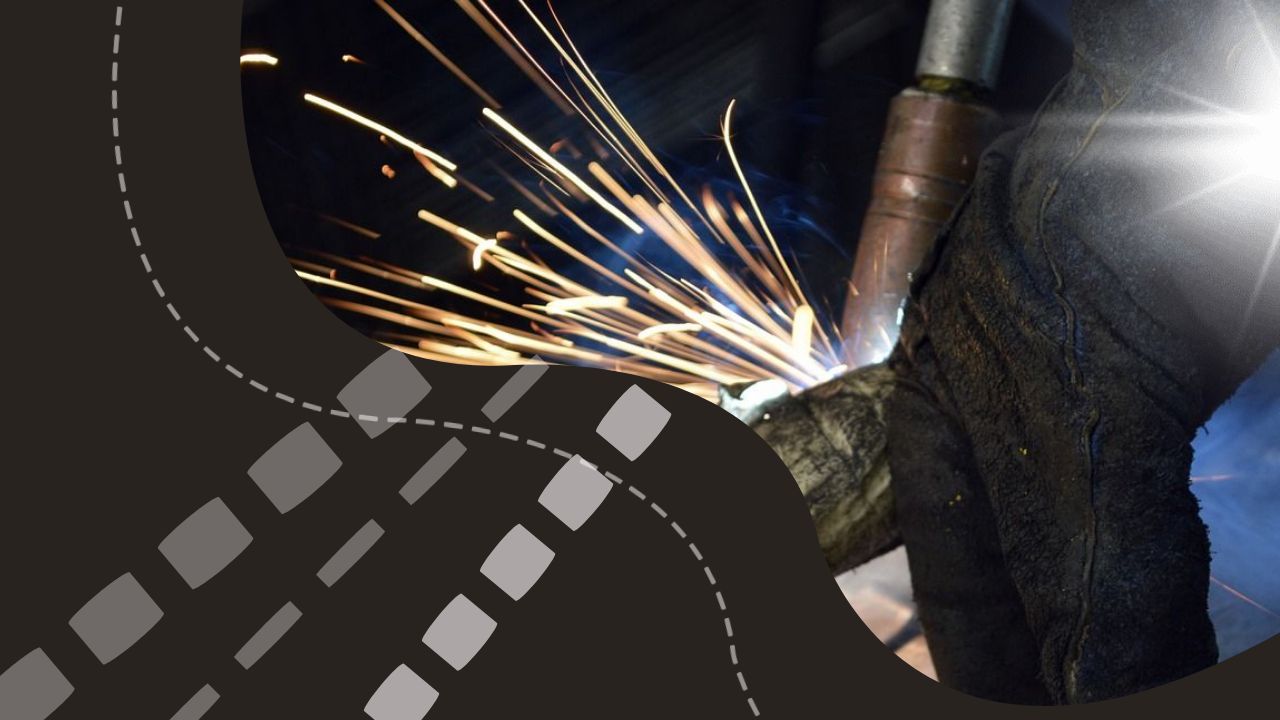As the circular economy grew in importance, many miners were also starting to look more closely at recycling operations, it was stated during a panel discussion covered by Mining Weekly
Financial Times commodities correspondent Harry Dempsey, who moderated, referred to the apparent exponential rise of recycling and the circular economy as demand for critical minerals rose for the global energy transition
Panel participants were Glencore global recycling head Kunal Sinha, Norsk Hydro executive VP corporate development Trond Olaf Christophersen, International Copper Association material stewardship global director Louise Assem, and Circular CEO Douglas Johnson-Poensgen
Cross-portfolio upcoming demand for critical minerals is roughly calculated to be six times greater than current supply, pointing to the need for as much responsible mining production as possible between now and 2050
“Even if you ramp up all the responsible production you can between now and 2050, we think there’s still a gap It’s hard to quantify, but there’s still a gap So, how you meet that gap is through what we would like to think of as responsible consumption, which is essentially your circular economy,” said Sinha
“The circular economy is not just recycling

